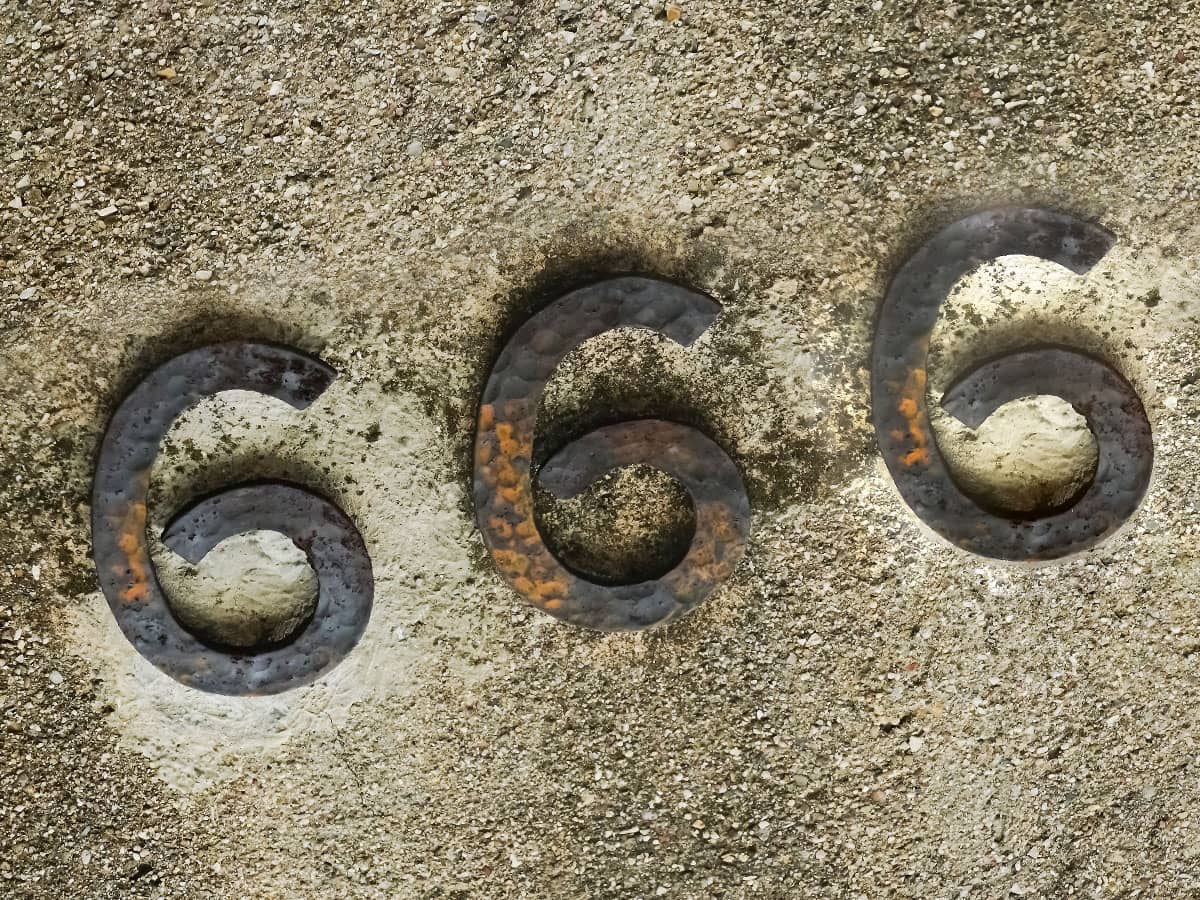
Christian debates not only covered a wide variety of topics, they also varied wildly in terms of importance. Some issues were extremely minor in the eyes of the average person. The Council of Ephesus was devoted in large part to deciding whether the Virgin Mary should be given the title of Theotokos, the one who gives birth to God, or Christotokos, the one who gives birth to Christ. The average Christian in the 5th century was probably not even aware that there was a theological difference between the two titles. Frankly, that has not changed much in the 21st century. The debate between calling Mary Christotokos or Theotokos is not one the average Christian today cares about in the slightest.
Other contentious issues in Christianity’s past were far more important than tweaking the title of Mary. The argument over whether or not Christians needed to be circumcised, for example, came to define the entire faith. At its core, this was not a debate over whether or not a Gentile convert had to undergo a specific ritual as part of their conversion. The circumcision debate would define whether Christianity was a form of Judaism or a separate faith all its own. The Apostles were split on the issue, and many people on both sides felt strongly about the issue. Christianity was less than a century old, but the circumcision debate already threatened to be the young religion’s first schism.
The argument over circumcision was eventually won by those who claimed that there was no longer any need for those who practiced Christianity, then still deeply tied to Judaism, to circumcise male converts or male children. This is something that most Christians today take for granted, but there was always the possibility that Christianity would end up following the old Jewish laws. Had the group in favor of circumcision won that debate, Christians might well have remained a strange sect of Judaism and lived according to the laws of the Jewish faith.
There are arguments in modern times that address issues that are central to the future of Christianity. There are also debates over minor things that imply some people have far too much time on their hands. Arguments about the end times tend to fall more in the latter category.
Prophecies and descriptions of the end times are some of the most hotly debated passages in the entire Bible. This is likely due to two main reasons. First, prophecies and descriptions that cover the end of the world are cryptic by nature. As such, there are many possible interpretations for people to debate. Second, tales of the end of the world have always fascinated people, and Christians are no exception to that rule. Between those two points, there is a lot of potential for debate and disagreement over theories that are unlikely to be proven or disproven in our lifetimes.
One of the ideas about the end times that has been debated repeatedly is whether or not heaven will really come to exist on Earth after the end of the world as we know it. This is obviously not something that anyone will be able to determine for certain until after the apocalypse is actually over, but it continues to capture Christian attention nonetheless.
The debate over whether heaven will come to be on earth is based largely on verses found in the book of Revelation and in 2 Peter. Both mention ideas about heaven coming to exist on Earth or a new heaven and a new Earth appearing after the turmoil of the end times have destroyed the old heaven and Earth. The question, of course, is whether or not this is a literal statement.
When it comes to debating specific verses in the Bible, reading the verse in the original language is often of great help. The problem, however, is that the original text does not use words in the same manner that we do today. “World” and “Earth,” for example, referred to the area ruled by the Roman Empire. Similarly, there was no word for “universe” as we understand it. The phrase “heavens and earth” was used instead to convey a similar idea. This makes it almost impossible to state whether or not heaven will truly come to exist on Earth. Some biblical phrasings imply that the Earth will be totally destroyed after the end times are complete, and only heaven will remain. Others suggest that Earth will be transformed into an eternal paradise on par with heaven above. Still others claim that heaven and Earth will essentially become the same thing once sin is destroyed once and for all. No one, obviously, can say for certain which of these interpretations is correct. People can only do their best to find the truth in Scripture…and debate it on the internet. That last part is a continuation of the important Christian tradition of arguing over minute details that half the population never even knew existed. Good to know that, whether heaven arrives here or not, some things will never change.

